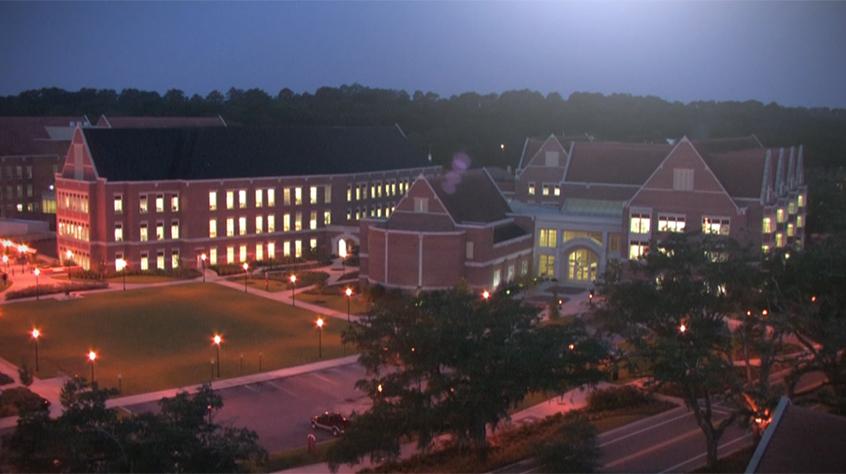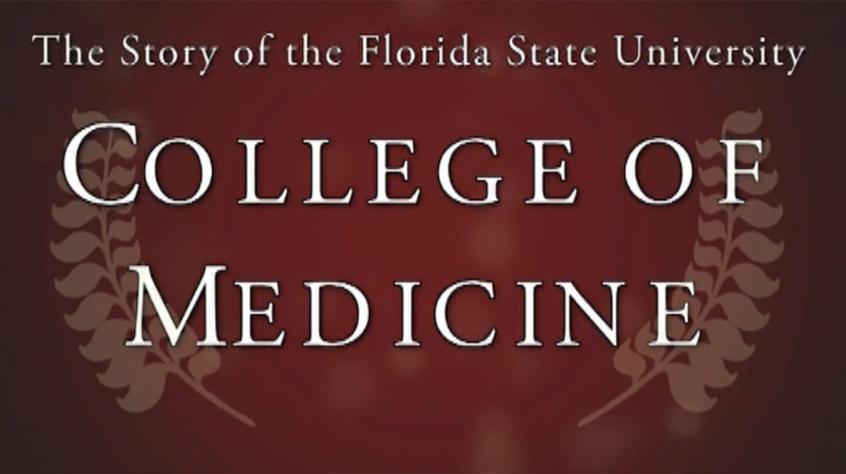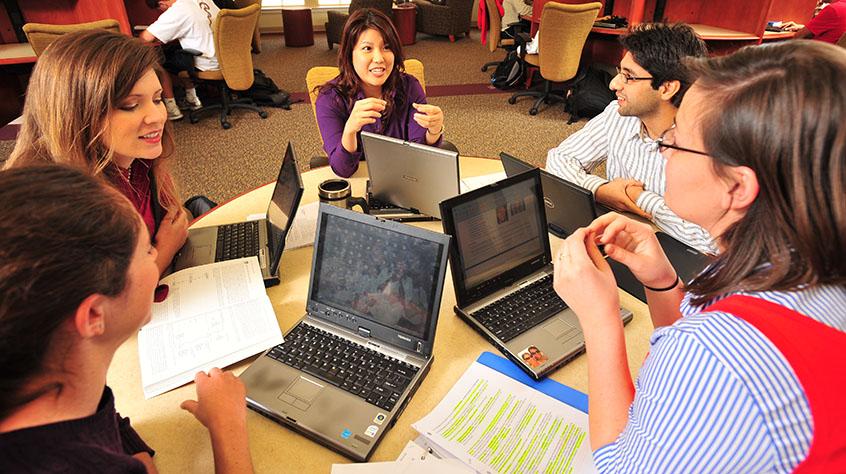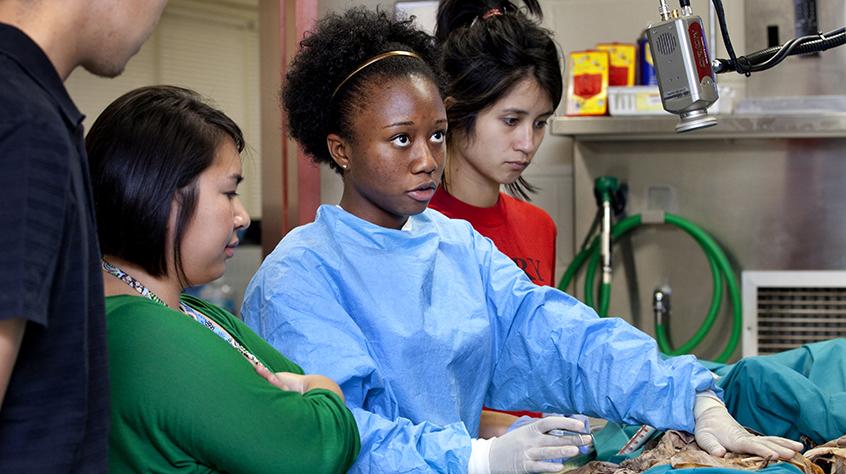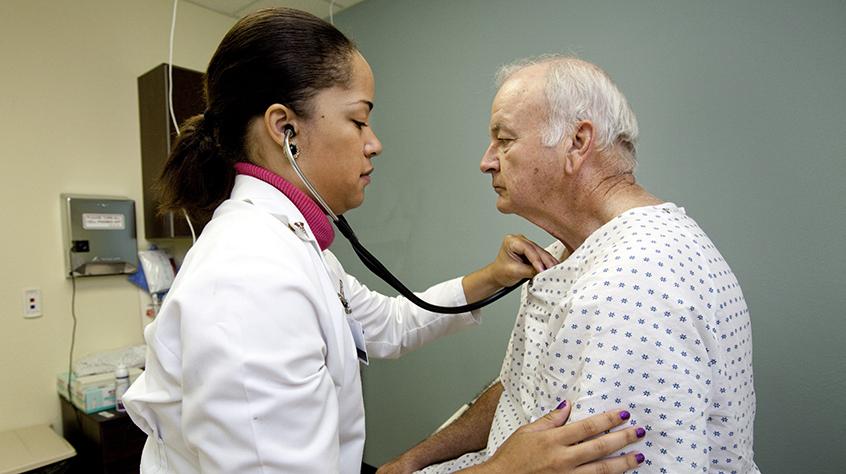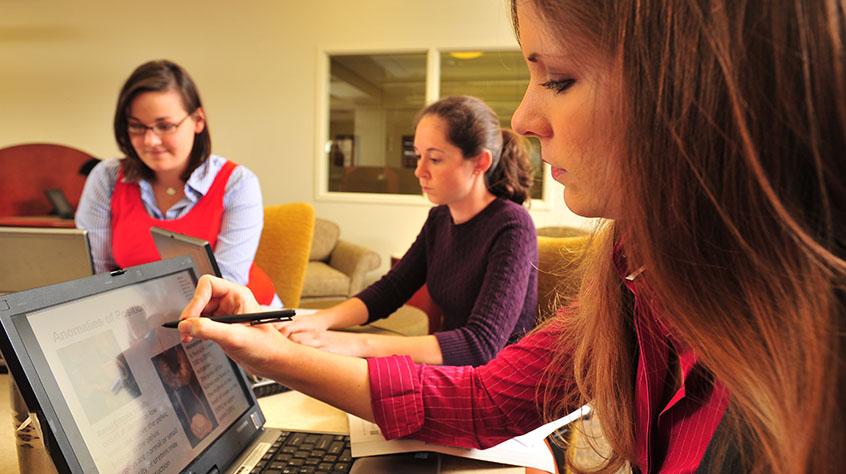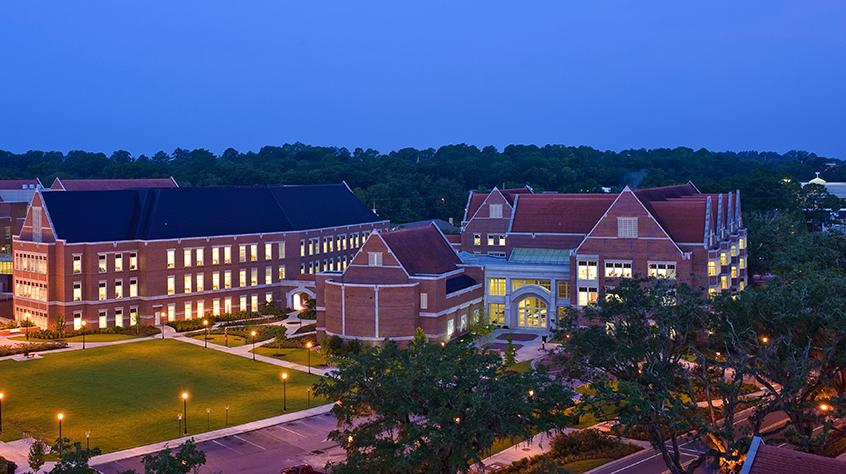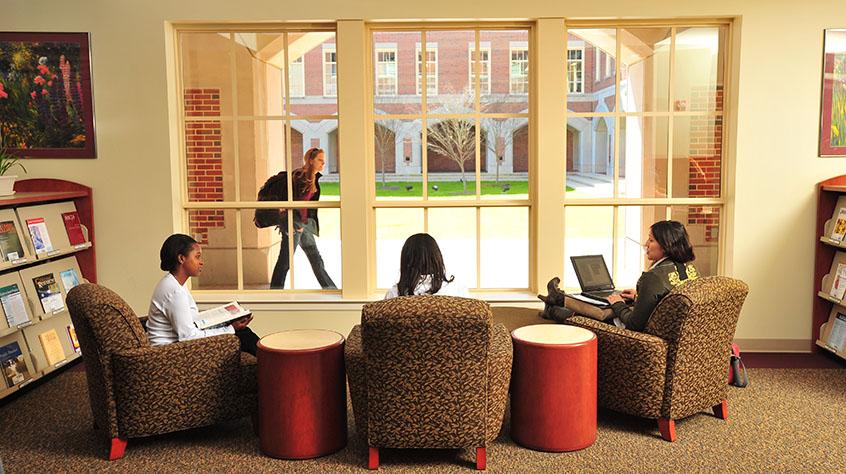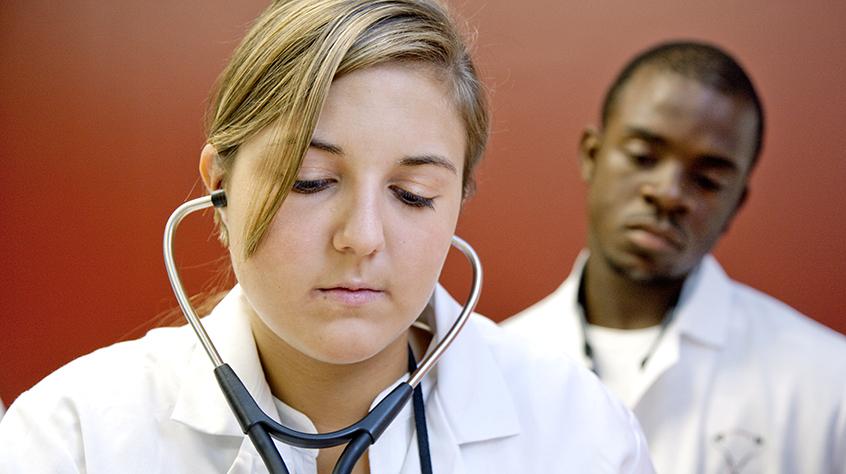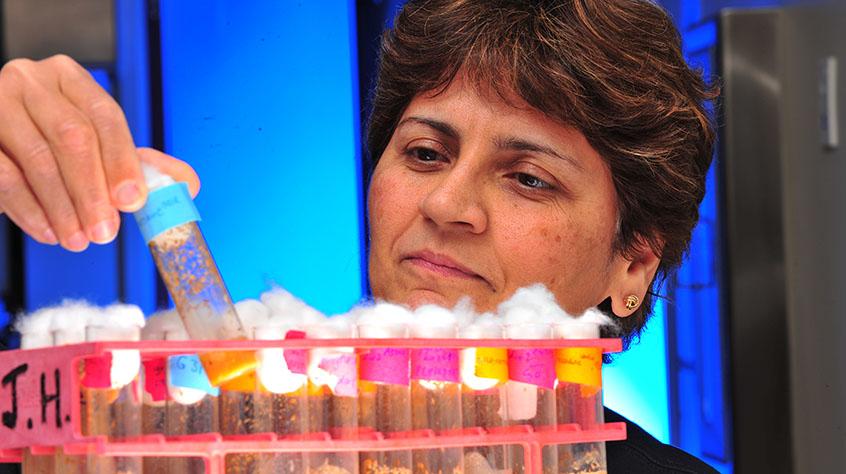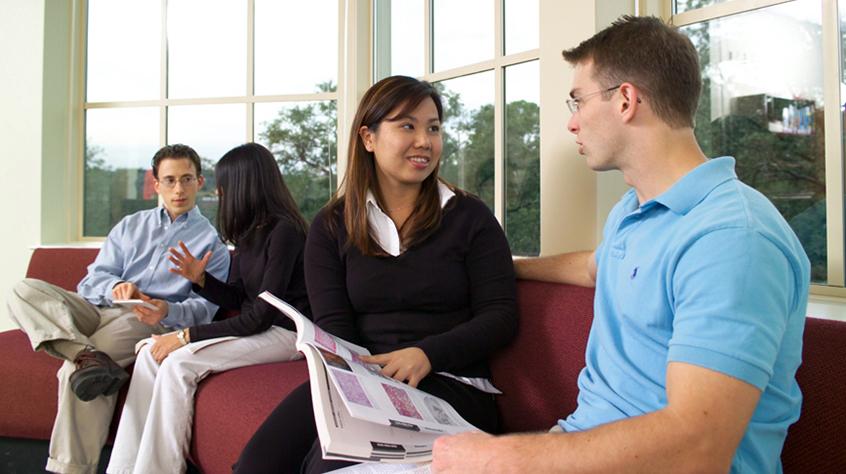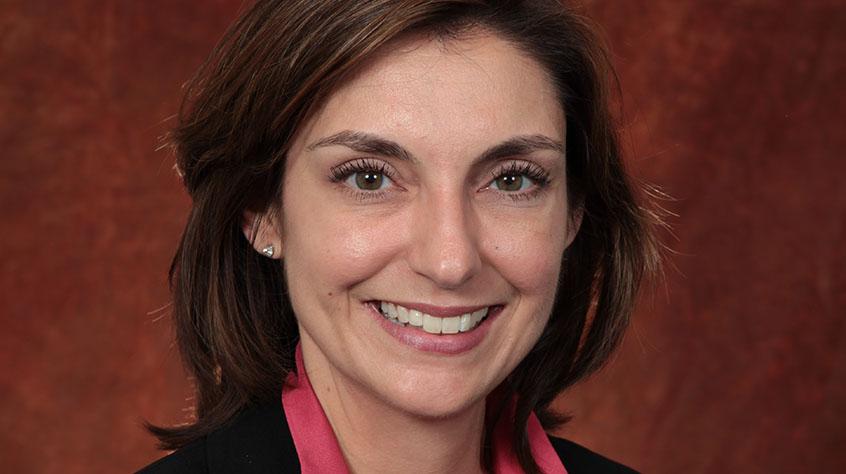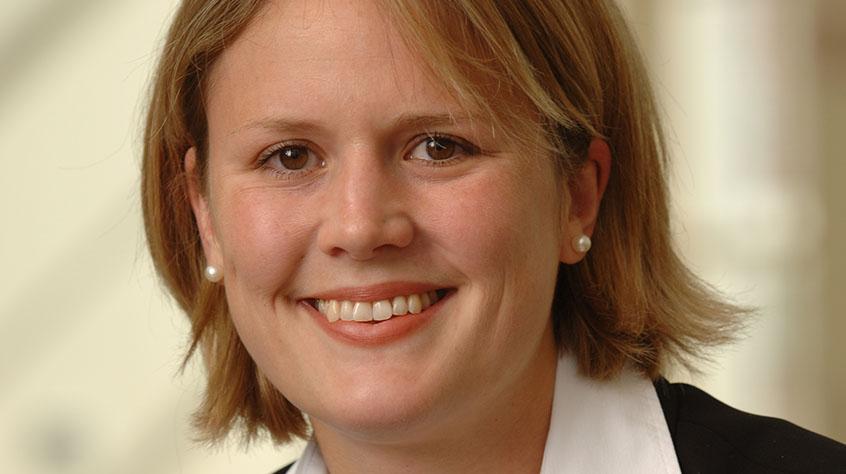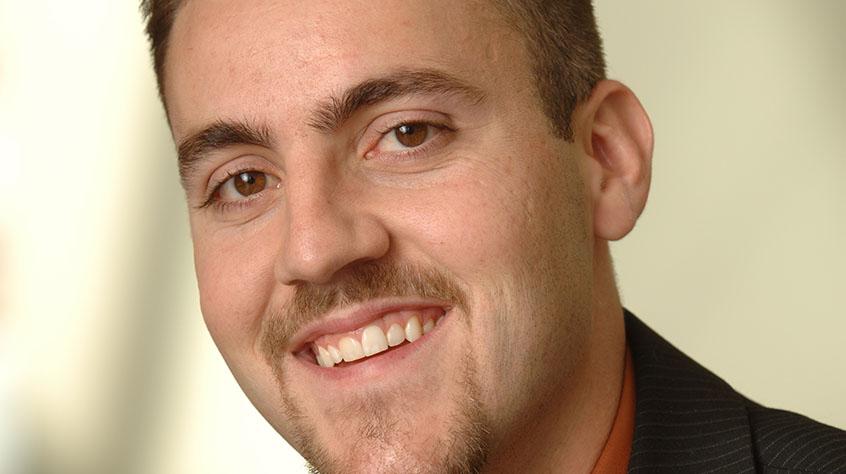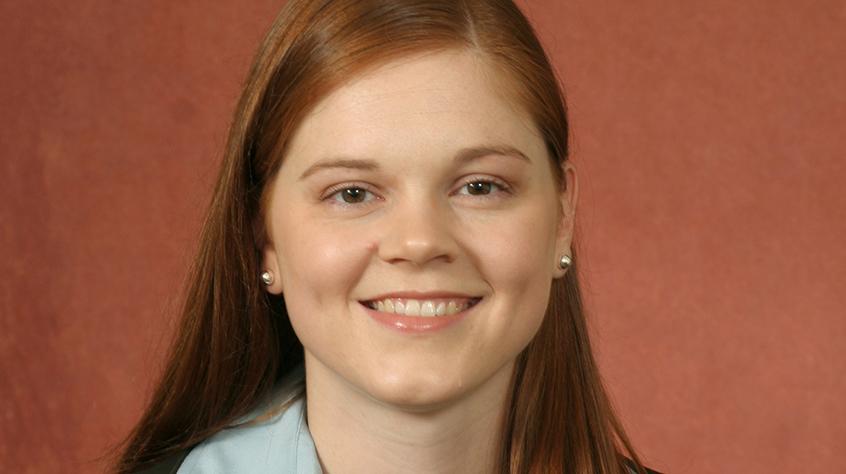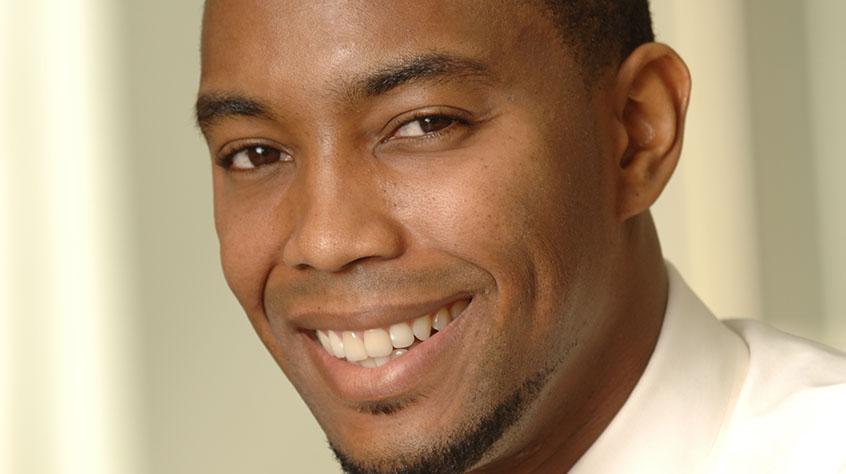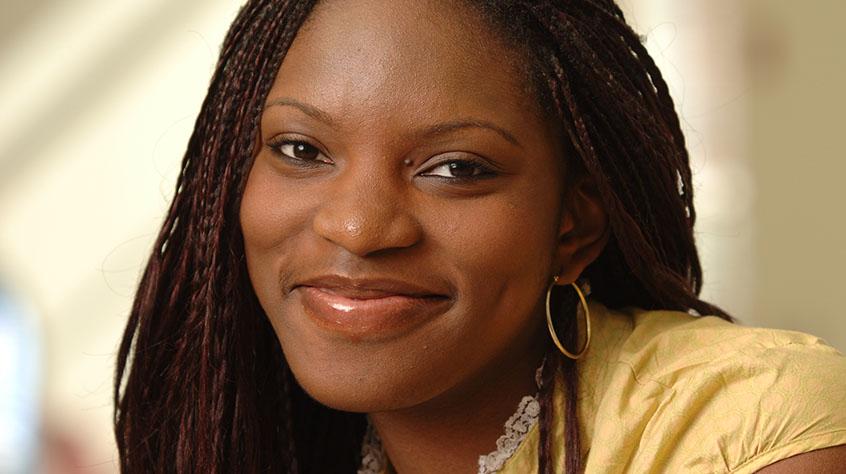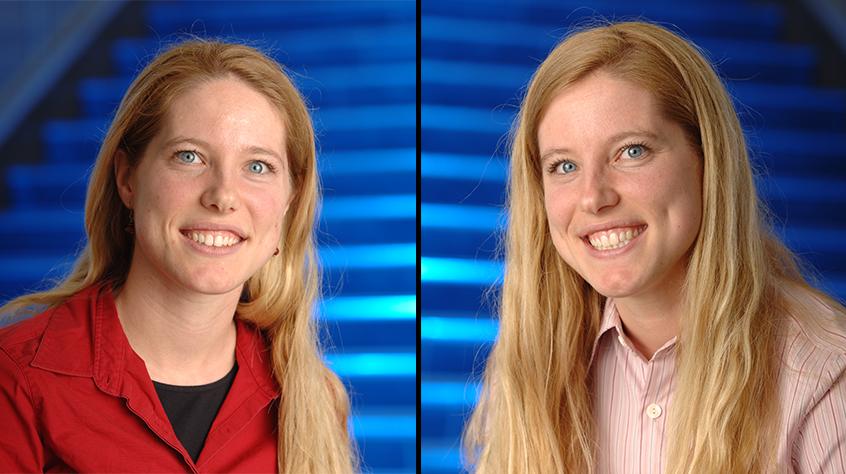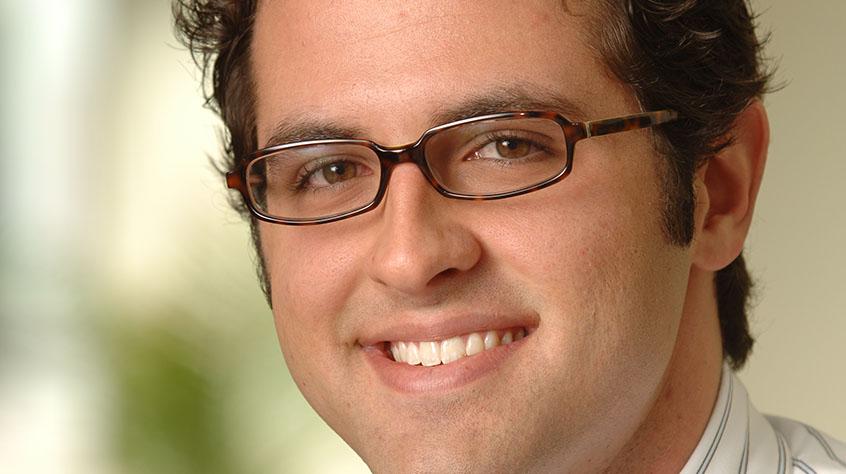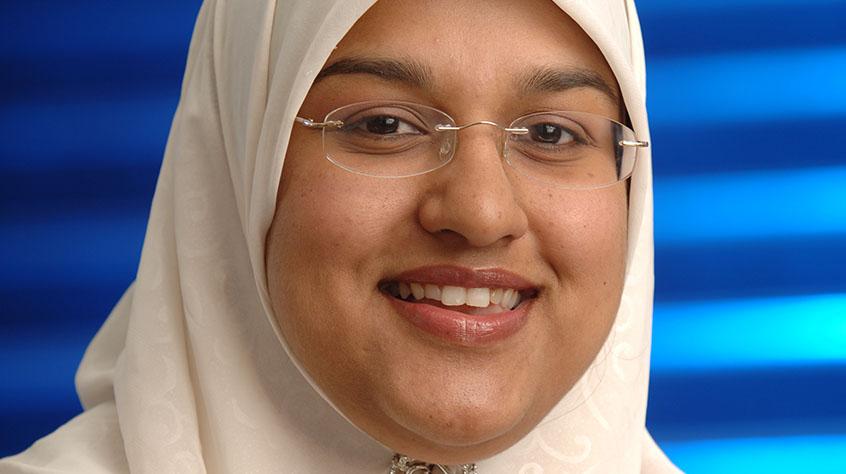FSU College of Medicine eTours
A Medical School With a Mission
If you attend the Florida State University College of Medicine, you’ll get more hands-on experience than most medical schools offer. As a result, you’ll enter your residency program with a distinct advantage: You’ll already be comfortable around patients, and you’ll already have delivered babies, assisted with surgery and performed many other procedures. Take a look. (18m:25s)
From Ideas to Outcomes: The Story of the FSU College of Medicine
This 24-minute video follows the journey from the Program in Medical Sciences, to a fledgling medical school housed in trailers, through the obstacles surrounding accreditation, to recognition as one of the country’s most innovative medical schools. (24m:31s)
Advising
The Pre-Health Advising and Outreach Office offers a wide array of support to undergraduates. Outreach focuses on student development, academic achievement and community involvement. Premed students may participate in shadowing and externships to get hands-on experience. (1m:58s)
Anatomy
The anatomy class is offered during the summer, before fall classes begin. It includes a combination of classroom lectures, small-group discussions and dissection of human cadavers. A variety of faculty members and teaching assistants help the newer students learn. (3h:06s)
Clinical Learning Center
Students get to learn clinical skills in a safe, simulated setting. Volunteers (“standardized patients”) act out medical cases to strengthen students’ diagnostic abilities, and mechanical patients (“manikins”) can simulate any medical conditions. (3m:05s)
Educational Technology
The College of Medicine has made a significant investment in information technology. Students can connect to various medical reference tools, educational software and other resources. On their rotations, they record their patient encounters. (3h:03s)
Facilities
The $60 million College of Medicine complex on the northwest corner of FSU’s main campus consists of an education/administration building, a research building and a 300-seat auditorium. (2m:33s)
Library
Most of the material is available in digital format – to faculty members and students, 24 hours a day, wherever they are. Other libraries on campus also have excellent collections on the basic biological sciences, psychology, the arts, aging studies and more. (3:33)
Outreach
SSTRIDE creates a career pathway for students underrepresented in medicine. There’s a program for undergrads and one for middle and high school students in Leon and nearby rural counties. The Bridge Program helps underrepresented students make the transition from undergrad to med school. (3h:28s)
Research
In the College of Medicine research labs, the subject areas of aging and neuroscience are particular topics of interest. FSU is a Carnegie I research institution, and there is much collaboration among the various science programs on campus. (3h:03s)
Student Learning Communities
The eight learning communities are designed for 30 students apiece, to encourage small-group study and teamwork. Each one includes a kitchen, lounge area, restroom and shower facilities, personal lockers, study rooms, instructional technology and more. (2m:00s)
Christie Alexander, M.D.
Class of 2005 (1m:52s)
Margaret Davis Hovda, M.D.
Class of 2007 (37s)
Stephen Patrick, M.D.
Class of 2007 (31s)
Brandy Willis, M.D.
Class of 2007 (51s)
Wendell Bobb, M.D.
Class of 2009 (43s)
Uchenna Ikediobi, M.D.
Class of 2009 (41s)
Maureen and Theresa McKenna, M.D.
Class of 2009 (1m:12s)
Brian Gadbois, M.D.
Class of 2010 (32s)
Noureen Idrees-Asad, M.D.
Class of 2010 (31s)


